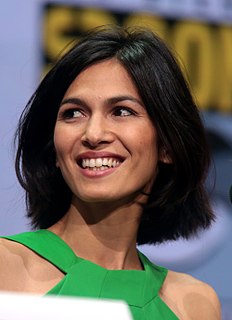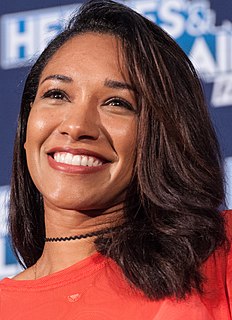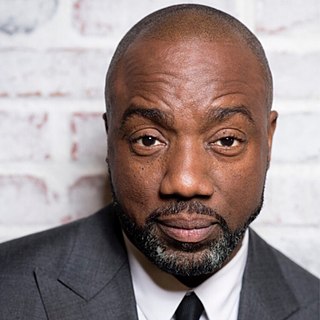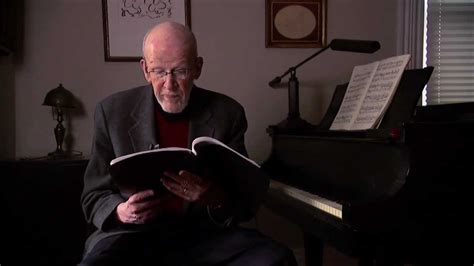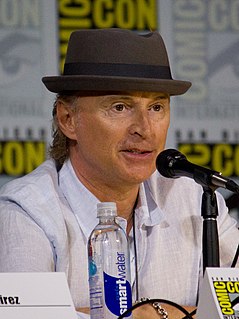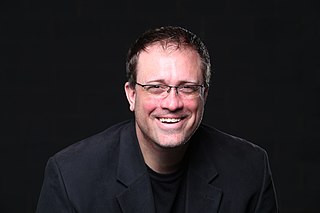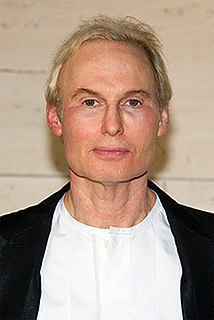A Quote by Peter Capaldi
I think acting, oftentimes it's not about lines, it's about spaces in between lines and expressions on people's faces and their relationships. You can tell your own story, or a story that you're interested in, even if the lines don't necessarily point you in that direction.
Related Quotes
[Barack] Obama can draw lines for himself and his country, not for other countries. We have our red lines, like our sovereignty, our independence, while if you want to talk about world red lines, the United States used depleted uranium in Iraq, Israel used white phosphorus in Gaza, and nobody said anything. What about the red lines ? We don't see red lines. It's political red lines.
Some of the writers definitely got inspired by some of the story lines, but we are evolving in the 'Daredevil' story. So when it comes to 'Elektra', they didn't follow one of her specific story lines, you know. They really tried to capture what comes through the comics, but there's not one specific storyline.
People who are not leaders automatically gravitate toward lines--limitations set by others. Many people are taught this in kindergarten when they are instructed to stay within the lines while coloring. But leaders are more creative than that. They look for options and opportunities. They try to take things in a new direction, or beyond the limit. Progress and innovation are made by people who think without lines.
I've always been - as a teacher, as graduate student, as a student, and I think, really, as a child - I've been interested in poems, but not so much for what the take home pay is, what you might sum up from them in moral or intellectual terms or whatever, but what's in the certain lines and how lines relates to other lines.
So you think the best way to prepare kids for the real world is to bus them to a government institution where they're forced to spend all day isolated with children of their own age and adults who are paid to be with them, placed in classes that are too big to allow more than a few minutes of personal interaction with the teacher-then spend probably an hour or more everyday waiting in lunch lines, car lines, bathroom lines, recess lines, classroom lines, and are forced to progress at the speed of the slowest child in class?
In this age, I don't care how tactically or operationally brilliant you are, if you cannot create harmony - even vicious harmony - on the battlefield based on trust across service lines, across coalition and national lines, and across civilian/military lines, you need to go home, because your leadership is obsolete. We have got to have officers who can create harmony across all those lines.
What I try to do is to make your face look like it did when you were younger. I always tell people it's not just about filling in the lines, but re-creating the shape of your face as it was in your early- or mid-twenties. People see the lines as they age but they don't see how their shape is changing. I think it's all about restoring the contours. You can fill in a line and it makes you look a little better, but it doesn't make you look younger.



